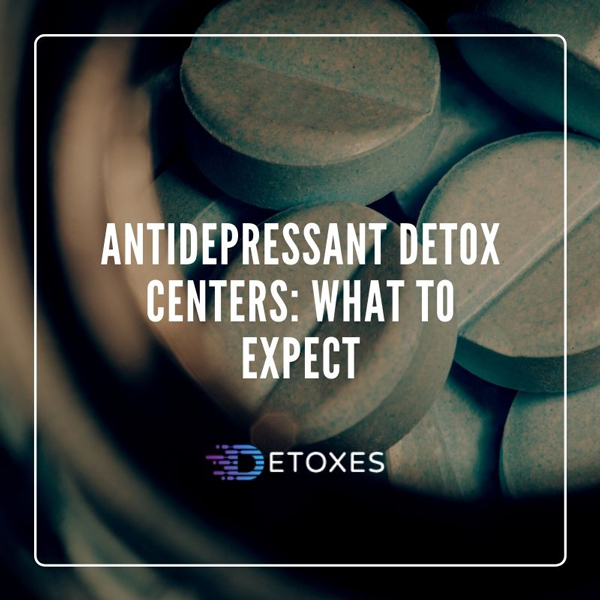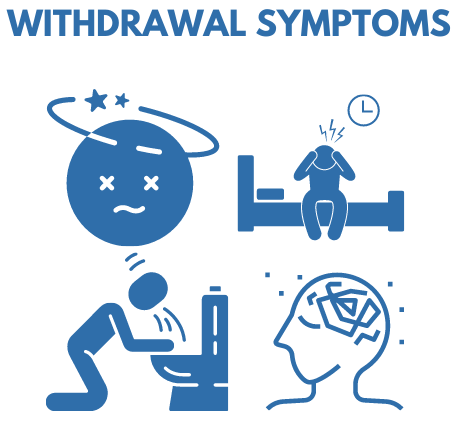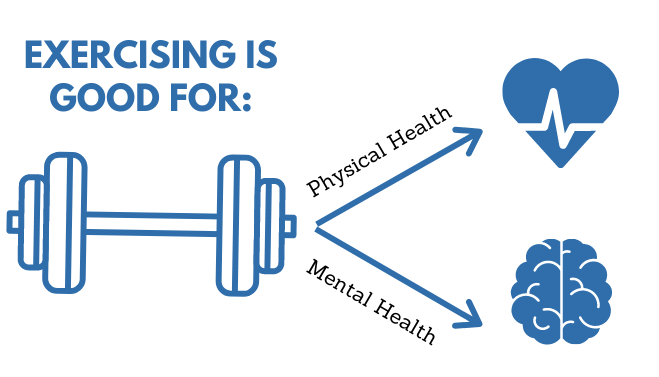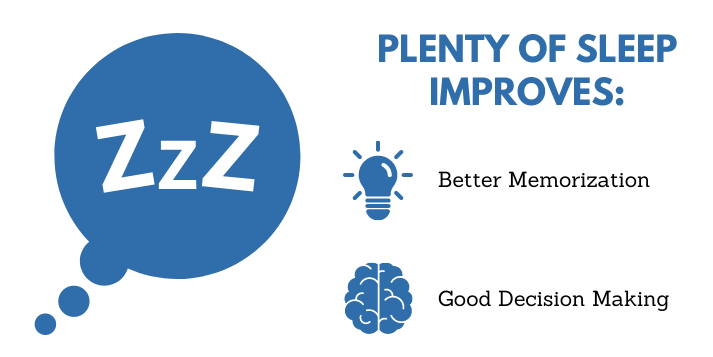Antidepressant Detox Centers: What to Expect
Article Contents
There are 264 million people in the world who suffer from depression. For some, it can be a fleeting condition where it’s not so serious that it warrants antidepressants.
But for others, depression can be a crippling and long-lasting condition that interferes greatly with their daily lives. In that case, antidepressants can help immensely.
But they aren’t meant to be the cure. There comes a time when you must get off of them.
Quitting cold turkey can have adverse effects, so you’ll want to get help from professionals, such as your doctor or antidepressant detox centers.
Are you interested in the latter? Then here’s everything you need to know about detox centers for antidepressants.
About Antidepressant Dependence
Before we talk about detox from antidepressants, let’s first discuss dependence.
With many substances, such as alcohol, cocaine, or heroin, it’s possible to become addicted to them. This is where you get a “high” from them, come down, and crave more of the substance to chase that high again.
With antidepressants, you may already know that you don’t get high from them. Instead, they help you manage your mental health so you feel more balanced. Because of this, antidepressants aren’t addictive.
However, you can definitely develop a dependence on it. If you’ve ever missed a dose and/or tried to quit antidepressants on your own, then you may have suffered withdrawal symptoms, such as:
- Nausea
- Dizziness
- Problems with balance
- Anxiety
- Agitation
- Insomnia
- Tremors
- Brain zaps
This is also known as antidepressant discontinuation syndrome. Currently, it’s not quite clear exactly why these withdrawal symptoms happen. However, medical professionals know that a slow taper of antidepressants can lower the chances of this syndrome occurring.
Why Use Antidepressant Detox Centers?
At this point, you’re probably wondering if you need professional help when you want to stop taking antidepressants. While your doctor can certainly prescribe you tapering doses, they can’t be there to help you through the whole process.
But in an antidepressant detox center, there are plenty of medical professionals who can help you taper and monitor you throughout the entire process to ensure that it goes as smoothly and comfortably as possible.
In addition, the staff can provide additional support afterward to ensure that you have a good transition back to normal life without antidepressants.
What Happens in These Centers
Are you curious about what happens in detox centers? Then read on. We’ll go over the steps that these facilities take to ensure you withdraw from antidepressants in a safe manner.
Detox
You can always choose to taper your antidepressants with on your doctor’s schedule, especially if you don’t have much time to check into rehab. This is very doable if you haven’t been on large dosages for a long period of time.
However, if you have been, then medically-assisted detox in a rehabilitation facility can be good for you. Considering the withdrawal timeline for symptoms can last from weeks to even months, you might feel better knowing you’re experiencing them while under the care and guidance of medical professionals.
These people will prescribe the right kind of tapering for SSRIs so you experience as little withdrawal symptoms as possible. They’ll also closely monitor you for any changes in mood, especially any regarding suicide.
In most cases, you’ll go to inpatient detox and rehab. This is where you stay for the entire duration of your treatment, meaning you eat, sleep, and do other activities there 24/7. If you aren’t able to make such a huge commitment, there are also outpatient options available.
Rehabilitation
After you’ve safely withdrawn from antidepressants, you’ll receive further care to help in your battle with depression.
Many people with depression also struggle with substance abuse, such as opiates. If this is the case for you, then you’ll receive counseling to help with addiction as well.
In any case, you’ll most likely go through cognitive behavioral therapy (CBT), which is a type of therapy that changes the way you view the world and helps you be aware of negative thinking. CBT is very useful for a number of things, including addiction and depression. It can help you stay off of both illicit drugs and antidepressants.
Aftercare
It can be tough to resume normal life after withdrawing off of antidepressants and going through rehab counseling. This is why it’s a good idea to get aftercare, whether through your detox center or private therapist.
It’s important to keep being active in recovering from depression. By practicing proper aftercare, you can reduce your chances of relapse, whether that’s with antidepressants or illicit drugs. Make sure you continue therapy even after you’ve completed rehab.
How to Decrease Your Chance of Relapse
After you’ve safely detoxed from antidepressants, you might feel at a loss without this drug helping you along with your state of mind. While the below aren’t foolproof ways of fending off depression, they can certainly help in decreasing your chances of relapse and needing medications again.
Give these things a try to see if they help you lead a happier and more fulfilling life.
Exercise More
You may not feel like getting out and about, but it’ll be good for not just your physical health, but your mental health as well.
When you get moving, your brain releases neurotransmitters, such as the feel-good endorphins. These neurotransmitters can put you in better moods, as well as relieve some stress.
All of the above factors can combat symptoms of depression, plus keep your mind off of things. So try to get at least 60 to 120 minutes of exercise every week to keep yourself strong and healthy.
Eat a Healthier Diet
Have you ever gone out for a fast food meal, gorged yourself, and felt terrible afterward? Not only do you feel stuffed and bloated, but you don’t want to do anything at all.
It may be more work, but eating healthier can do wonders for both your body and your brain. When you cook your own foods, you use significantly less salt and oils. You can also choose to boil, steam, or bake things instead of deep-frying them.
By making a conscious choice to eat healthier, you’ll have more energy and better moods. This can help you exercise more too!
Get Plenty of Sleep
Sleep is when your body repairs everything. So understandably, if you don’t get adequate sleep, this can take its toll on your mental health.
For instance, have you ever gone with minimal sleep for any period of time? Even after 1 night, you feel cranky and miserable. Now imagine doing that to your body on a long-term basis; you’ll easily relapse into depression again.
Be kind to yourself and make sure you get around 8 hours of sleep a night. This will enable you to wake up every morning ready to tackle your day.
Hang Out With Loved Ones More
Even if you’re an introvert, some social interaction is great for your health. Even if you just go for a cup of coffee with a friend once in a while, this can help greatly in managing depression.
If you ever feel like you’re struggling, call up a family member or friend. Even if you don’t manage to have an outing with them, simply talking with them on the phone and feeling their support can be of great assistance.
Get a New Pet
Perhaps you don’t have a great support system. Or you just really don’t want to talk to or interact with people.
Another great way to get some interaction is to get a pet, such as a cat or dog. They can provide you with love and companionship, plus give you a sense of purpose in life. When you have to care for another living being, this can take your mind off of depression.
Use the Tools You’ve Been Given in Rehab
In your time at rehab, you’ll have worked on things with professional counselors. Don’t forget to utilize the techniques you’ve been taught to destress and relax.
By actively taking care of your mental health, you’ll be able to fight off depression symptoms better.
Detox From Antidepressants Today
Now you have a good idea of what to expect from antidepressant detox centers. While it can be scary to get off any type of medication, it can be reassuring to know that you’ll be surrounded by competent and compassionate professionals who will guide you through every step of the way.
Depression can be a challenging condition to deal with. But by safely tapering and detoxing from it, and by following our above tips, you’ll be well on your way to leading a happier and healthier life.
Are you ready to look for detox centers so you can get off SSRIs safely? Then use our search tool now. We can help you find the best rehab centers in your local area.








